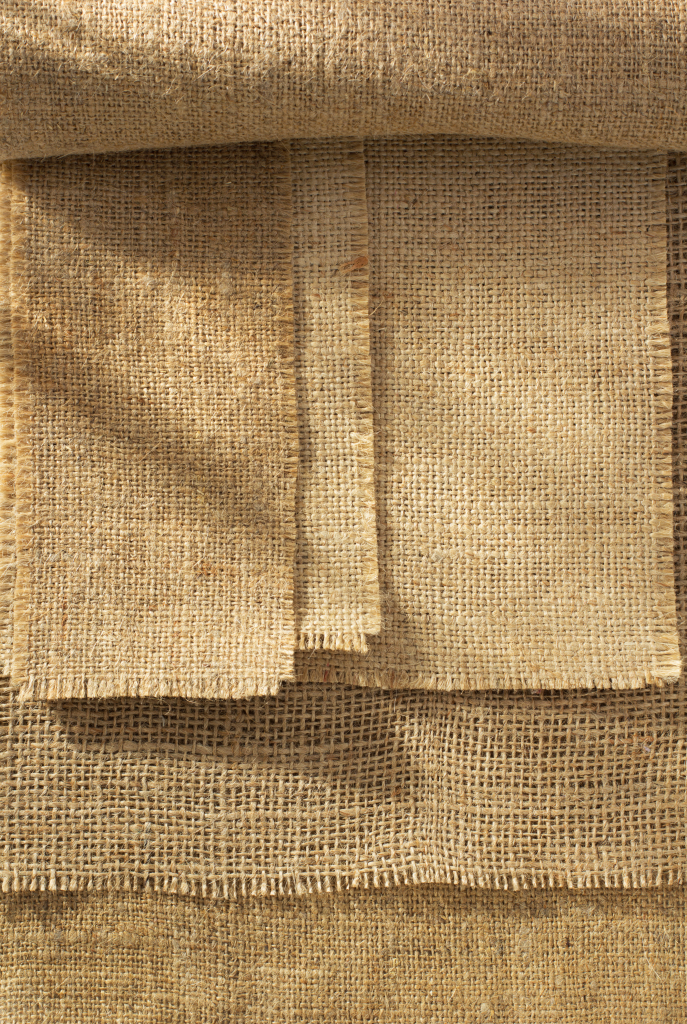
Introduction
As the global movement toward sustainability continues, businesses and consumers alike are turning toward natural alternatives for everyday applications. From farming to packaging and interior design, jute twine is among the most durable, biodegradable, and versatile natural fibre-based solutions available.
At Monami Impex Ltd., we export high-quality jute twine to global markets like Sweden, Denmark, Japan, China, Turkey, and the Middle East, helping industries cut down on synthetic materials and move toward greener practices.
Let’s dive into what makes jute twine so powerful for industrial, commercial, and personal use — and why you should choose jute over plastic or synthetic thread.
What is Jute Twine?
Jute twine is a strong, all-natural cord made from spun jute fibres. It is typically:
- Lightweight yet durable
- High in tensile strength
- 100% biodegradable and compostable
- Safe for food-grade and agricultural applications
Jute twine is available in:
- Single-ply, double-ply, or triple-ply
- Natural, bleached, or dyed
- Waxed or unwaxed versions
- Spools, hanks, or cones
Country-Specific Use Cases
🇸🇪 Sweden / 🇩🇰 Denmark
The home and garden markets are booming with demand for eco-friendly plant ties, garden support twine, and minimalist décor accents. Retailers stock jute twine for:
- Organic gardening
- Greenhouse farming
- Gift/package wrapping
🇯🇵 Japan
In Japan, jute twine complements the Shizen (自然) lifestyle. Packaging companies and high-end craft businesses use thin jute twine for binding and decorative designs in containers and wrapping.
🇨🇳 China
Used across shipping centres and packaging lines, industrial-grade jute twine provides economical, strong tension for agricultural product wrapping and warehouse bundling.
🇹🇷 Turkey
Jute twine supports the domestic agriculture sector, particularly in fruit bagging, root ball wrapping, and nursery transplanting.
🌍 Middle East
From Dubai to Riyadh, jute twine is preferred in organic date palm packaging, sustainable farming, and luxury gift packaging sectors.
Benefits of Using Jute Twine
| Feature | Benefit |
|---|---|
| 🌱 Biodegradable | Fully compostable, zero microplastic footprint |
| 🧶 Soft but strong | Won’t damage plants, sturdy enough for industrial bundling |
| 🎯 Multi-use | Works in agriculture, design, packaging, logistics, retail |
| 🧑🎨 Craft-Ready | Natural finish ideal for rustic-themed or minimal decor styles |
| 🧻 Available in Finishes | Dyed, waxed, or bleached to meet technical & aesthetic needs |
Technical Specs – Jute Twine by Monami
| Parameter | Specification & Options |
|---|---|
| Twine Size | Available in 1–3 ply (1.2mm to 4mm thickness) |
| Spool Size | 100g, 200g, 500g, and 1kg rolls or customized |
| Color Options | Natural, dyed (AZO-free), bleached |
| Finish | Waxed for knot tightening |
| Load Capacity | Light-duty (craft/garden) to heavy-duty (industrial use) |
| Packaging | Hanks, cones, reels, spools, or eco-box retail packaging |
Industries That Use Jute Twine
- Agriculture & Horticulture – Plant support, baling, nursery tying
- Retail Packaging – Gift wrapping, luxury box closures, hang tags
- Crafts & DIY Brands – Rustic art, macrame, home decor, scrapbooking
- Event Decor & Florists – Ribbon replacement for flowers, bouquets
- Shipping & Warehousing – Carton sealing, lightweight bundling
- Construction – Tying wooden forms, reducing plastic-based binding ropes
How Jute Twine Supports Green Supply Chains
With global climate policies and plastic bans accelerating, companies are adapting sustainable packaging by integrating eco-friendly tying and bundling practices. Jute twine contributes by:
- Eliminating plastic cable ties and synthetic yarn
- Reducing microplastic waste in farms and water streams
- Providing companies with tools to meet ESG goals and B Corp certifications
